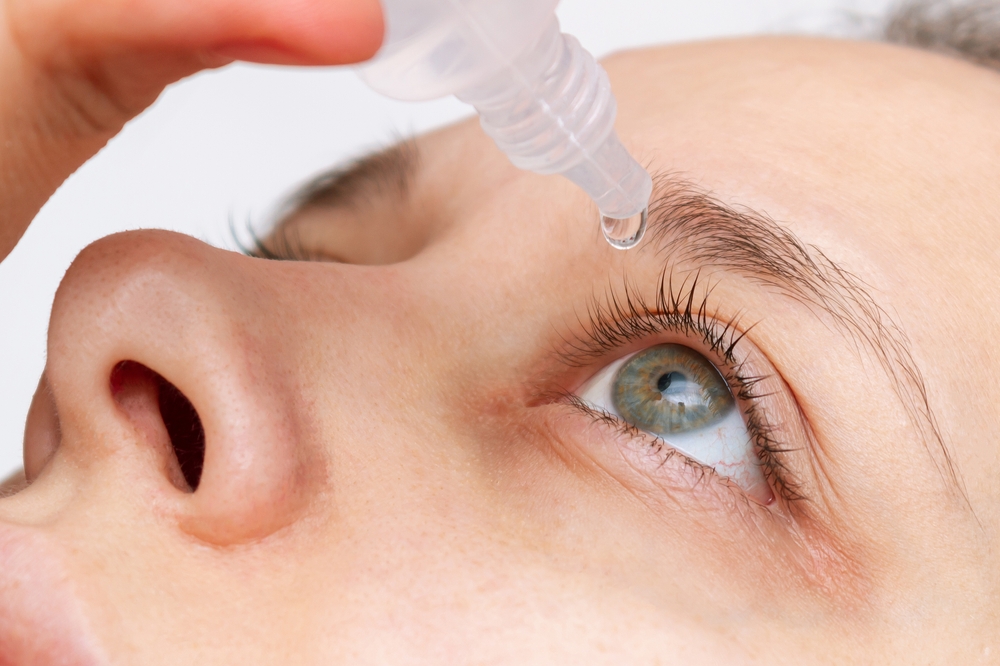
The health of our eyes is something many of us take for granted. However, certain conditions can pose a significant threat to our vision, with one such condition being a macular hole. This is a small break in the macula, the part of the eye responsible for sharp, central vision. The presence of a macular hole can lead to blurred or distorted vision, which can severely impact an individual's quality of life.
Understanding Macular Hole Repair
Macular hole repair is a field of ophthalmology that has seen significant advancements over the years. The primary goal of macular hole repair is to restore as much vision as possible and prevent further vision loss. The treatment recommended by your ophthalmologist will depend on several factors, including the size and location of the macular hole, the duration of the symptoms, and your overall health.
There are two main categories of macular hole repair solutions: non-surgical and surgical options. Non-surgical solutions are typically suggested for smaller holes or early-stage conditions, while surgical options are recommended for larger holes or more advanced conditions.
While the prospect of undergoing a procedure to repair a macular hole can be daunting, it is important to remember that these treatments are generally safe and effective.
Non-Surgical Solutions for Macular Hole Repair
Non-surgical solutions for macular hole repair primarily involve the use of special eye drops and lifestyle modifications. These treatments aim to alleviate symptoms and slow the progression of the condition.
Eye drops, such as those containing a substance called trehalose, have been shown to promote retinal health and may help to repair smaller macular holes. These drops work by hydrating and protecting the eye's surface, promoting the natural healing process. Other non-surgical solutions may involve lifestyle changes such as avoiding certain activities that can strain the eyes, like reading or using screens for extended periods.
While non-surgical solutions can be effective, they are typically recommended for smaller holes or early-stage conditions. Individuals with larger macular holes or more advanced conditions may require surgical treatment.
Surgical Options for Macular Hole Repair
Surgical options for macular hole repair are often recommended for larger holes or more advanced conditions. The most common surgical procedure for macular hole repair is called vitrectomy.
During a vitrectomy, the surgeon removes the vitreous gel from the eye to prevent it from pulling on the retina. Then, a gas bubble is placed in the eye to put gentle pressure on the macular hole, facilitating its closure. Over time, the gas bubble is absorbed by the eye, and the space is filled with natural eye fluids.
Another surgical option is the macular buckle procedure. This involves placing a silicone buckle around the eye to relieve the traction on the macular hole. This procedure is less common and is typically used for larger holes that have not responded to other treatments.
Comparing Non-surgical and Surgical Solutions
When it comes to macular hole repair solutions, both non-surgical and surgical options have their advantages and disadvantages. Non-surgical treatments can be less invasive and have fewer risks, but they may not be as effective for larger or more advanced macular holes.
On the other hand, surgical options can often provide more definitive results, including improved vision and the prevention of further vision loss. However, these procedures come with their own set of risks, such as infection, retinal detachment, and cataract development.
The best solution for you will depend on a variety of factors, including the size and location of your macular hole, the severity of your symptoms, and your overall health. Always discuss your options thoroughly with your eye doctor.
Making the Right Choice for Macular Hole Repair
A macular hole is a serious eye condition that can significantly impact your quality of life. However, with the right treatment, it is possible to restore much of your lost vision and prevent further vision loss.
Whether you opt for non-surgical or surgical macular hole repair solutions, the most important thing is to make an informed decision based on your personal circumstances and medical advice. By doing so, you can ensure the best possible outcome for your vision and your overall eye health.
For more information on non-surgical and surgical solutions for macular hole repair, visit Gulf Coast Retina Center at our office in Sarasota or Venice, Florida. We specialize in the medical and surgical management of eye diseases. Be seen today or call (941) 312-2769 to schedule an appointment.








